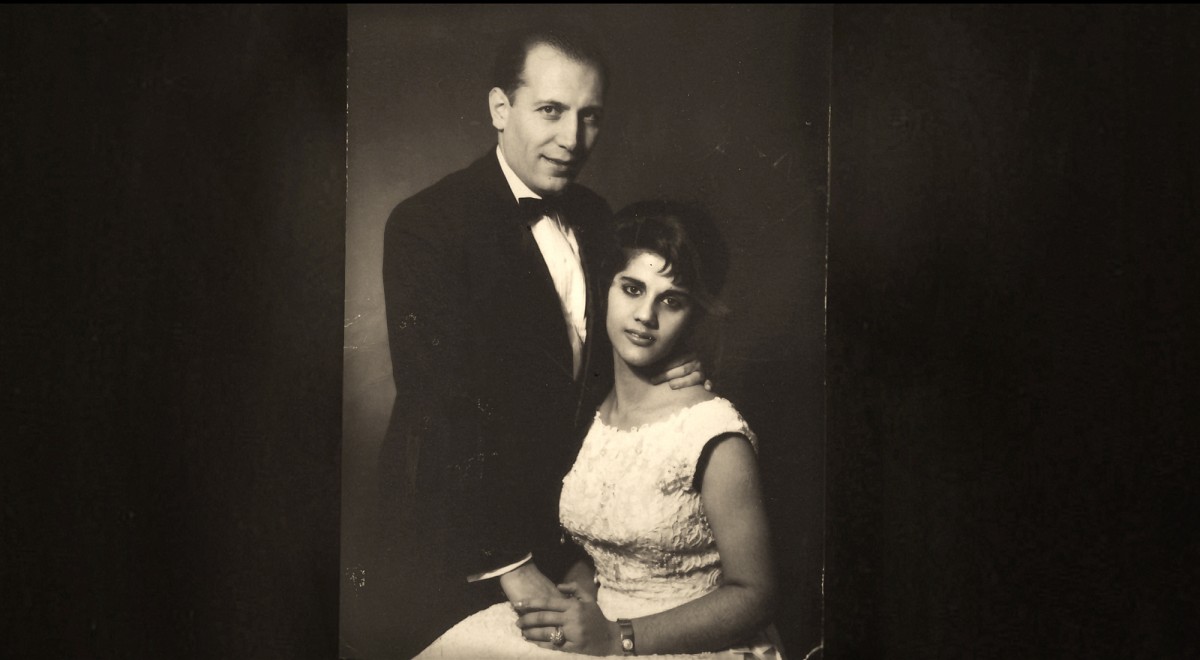Whilst in Britain we have a national religion, the percentage of the population who attend church regularly is down in single figures. Although this apathy spans much of Europe, we tend to assume that in the Islamic world devotion is widespread. This is not always the case, and historically how observant the citizens of a nation are often depends on the leadership. Iran is a case in point. A very different country before and after the rule of the Shah.
Firouzeh Khosrovani was born in Tehran. Her mother made sure of that. Tayi fell pregnant whilst living in Switzerland, but was determined to return. Something her father Hossein was less than effused about, but relented. She married him after seeing a portrait and they couldn’t be two more different people. He was a progressive secularist. A radiographer working in Europe. She, a devout Muslim; beholden to traditional values. Khosrovani tells their story in Radiograph of a Family.
Radiograph of a Family is a mix of Khosrovani’s recollections, archival photographs and videos and conversations from her parents’ letters. Their similarities and differences reflect the changing Iranian society around the revolution of 1978/9. Radiograph of a Family feels like a filmmaker attempting to understand who she is and where she’s come from. To reconcile those intrinsic differences between her parents. In doing so she produces a fascinating documentary which encapsulates the contradictions of a nation as a whole.
Radiograph of a Family screens at IDFA.














No Comment